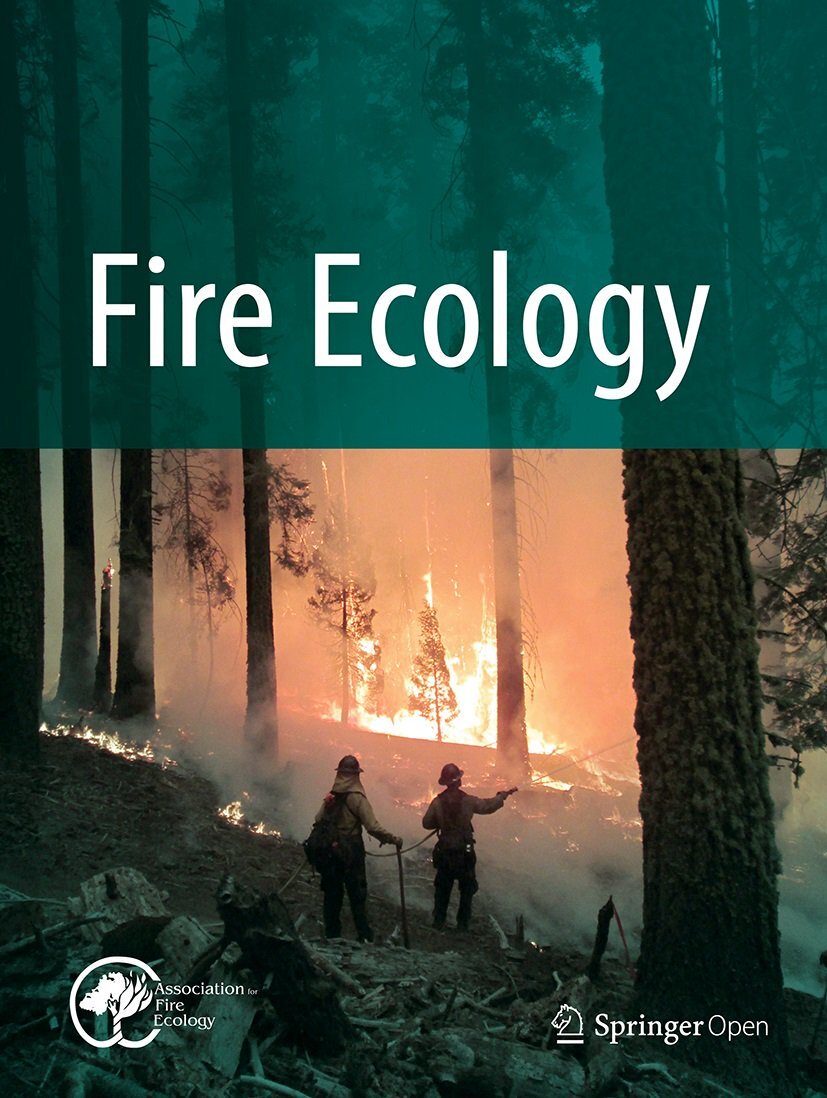Job Type: Postdoc
Location: University of Washington - Seattle, WA
Salary: $7,000-$7,800/month
Application Due Date: October 10, 2025
Description:
The School of Environmental and Forest Sciences, University of Washington, in partnership with the USFS Pacific Northwest Research Station, is seeking a full-time (100% FTE) postdoctoral scholar with expertise in fire modeling and remotely sensed data to support innovative research. This project will improve our understanding of the conditions under which fuel treatments produce desired socioecological outcomes during wildfire events. The postdoctoral scholar will join a collaborative team of researchers, including federal scientists, university faculty, and other postdoctoral scholars, working on the development of a core, scalable methodology. This methodology leverages existing spatial data on landscapes, fire behavior, and fuel treatments to evaluate real-world wildfire-treatment encounters across diverse U.S. landscapes. The goal is to produce empirical case studies of wildfire-treatment outcomes (WTOs). Fuel treatments are designed to alter fire behavior—such as reducing intensity, rate of spread, or spotting potential—when a wildfire occurs.
The postdoctoral scholar will join the WTO team to evaluate the reduction of fire severity, the successful containment of fire spread, and the reduction of impacts to homes and critical infrastructure. These three outcomes are connected to the three pillars of the National Cohesive Wildland Fire Management Strategy (“Cohesive Strategy”) of fire resilient landscapes, safe and effective wildfire response, and fire-adapted communities, respectively. The postdoctoral scholar will conduct research that takes advantage of the tremendous variability in landscape, fire, and treatment characteristics to conduct a set of natural experiments, taking an approach based on “big data” and remote sensing to learning from past fuel treatment activities. These empirical, data-driven assessments of wildfire-treatment outcomes (WTOs) are essential for informing process-based models of future treatment effectiveness under changing climate conditions. The findings will also support improved treatment design and layout, real-time decision-making during wildfire incidents, and the adaptive management and monitoring of fuel treatment investments. This research includes both place-based empirical case studies and methodological innovation. As such, the postdoctoral scholar’s contributions will help build a robust foundation for enhanced monitoring systems, rapid assessment of treatment effectiveness, and collaborative learning with agency partners.
The postdoctoral scholar will be based in Seattle and will work primarily at the USFS Pacific Wildland Fire Sciences Laboratory. The incumbent will collaborate closely with team members across other USFS Research Stations nationwide. While much of the research will be conducted in the laboratory, the position may also involve field visits to wildfire sites to test and validate research protocols developed for this project.
Responsibilities:
The incumbent will be responsible for processing and analyzing large remote sensing datasets (e.g., Landsat, Sentinel-2, MODIS) and spatial datasets (e.g., FACTs, FTEM, field data) both locally with R/Python and via Google Earth Engine for wild-treatment outcome research. Work will include analysis of spatial and related data (vector, raster, imagery) sufficient to support multi-scale and/or multi-resource planning, assessments, and monitoring. Knowledge of data and data management sufficient to create, transform and integrate data in a variety of resolutions and formats. Analysis will include running machine learning algorithms (e.g., Random Forest, CART) and regression models (e.g., SAR, LME) to derive ecological insights from big data sets. The project entails developing reproducible and scalable methodologies, using common software and programming languages, that can be used by land managers for decision making support. The incumbent will work with principal investigators and professional staff from the University of Washington and the USFS PNW Research Station to analyze geospatial data to support resource management decisions for multiple resource, jurisdictional, and ownership units or a large geographical region. It requires knowledge of cartographic principles and conventions sufficient to create maps for external and internal use that display natural resource and socio-economic information and highlight particular analysis results. The incumbent will be of a team that will engage and collaborate with both the University researchers and outside experts and stakeholders. The postdoctoral scholar will lead writing of study reports and related publication manuscripts.
Qualifications:
Ph.D. in quantitative sciences, quantitative ecology, resource management, forestry, remote sensing, geographic information systems, or related fields and have no more than 3 years of total postdoctoral experience by the start of the appointment.
Experience processing and analyzing large remote sensing datasets (e.g., Landsat, Sentinel-2, MODIS) and geospatial datasets (e.g., FACTs, FTEM, field data) both locally with R/Python and via Google Earth Engine for wildfire and fuel treatment outcome research.
Proficient with running machine learning algorithms (e.g., Random Forest, CART) and regression models (e.g., SAR, LME) to derive ecological insights from big data sets.
Experience developing reproducible and scalable methodologies, using common software and programming languages, that can be used by land managers for multi-scale and/or multi-resource decision-making support for planning, assessments, and monitoring.
Background on natural resource management applications and wildland fire sciences.
Strong record of publications and verbal presentations. Ability to work in an interdisciplinary team of scientists and managers.

